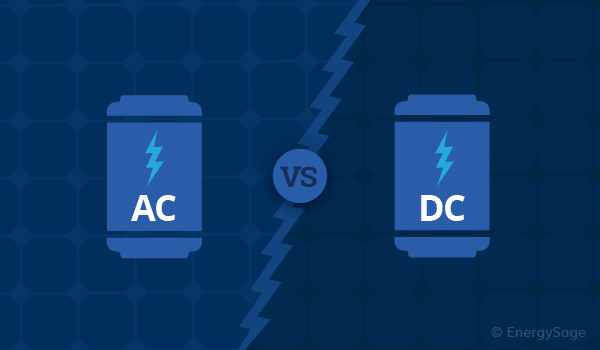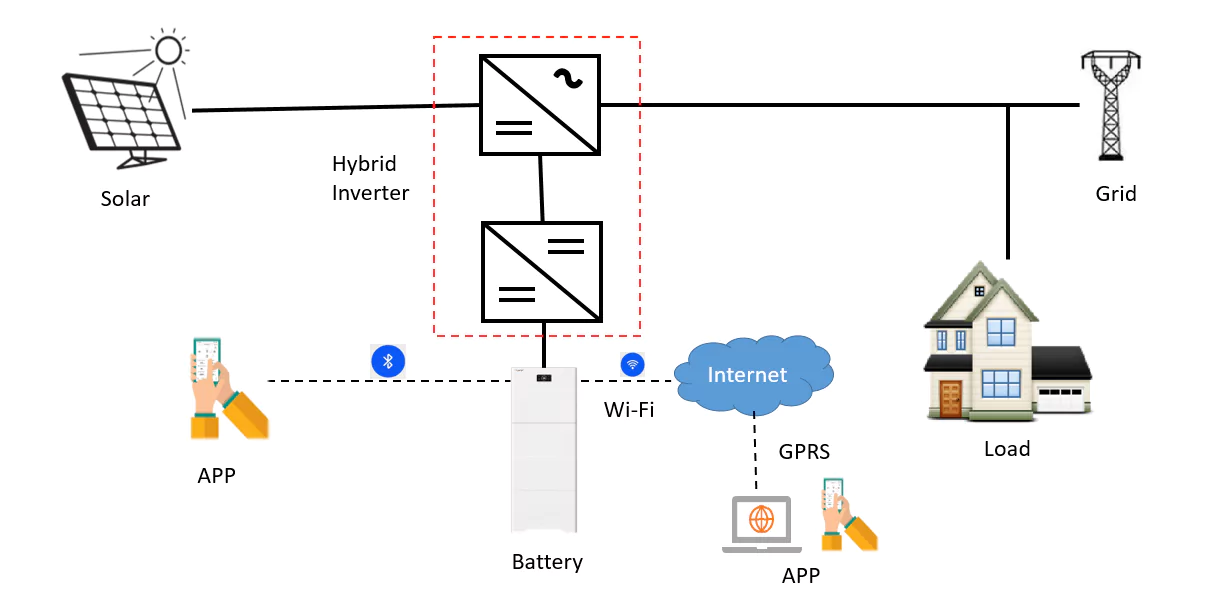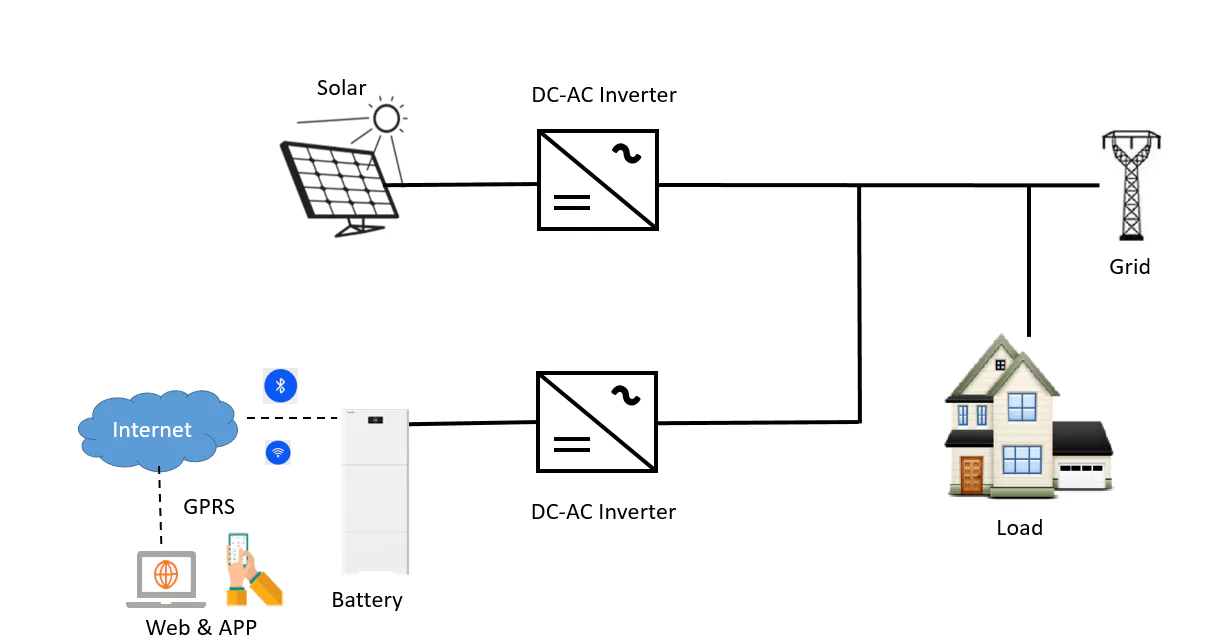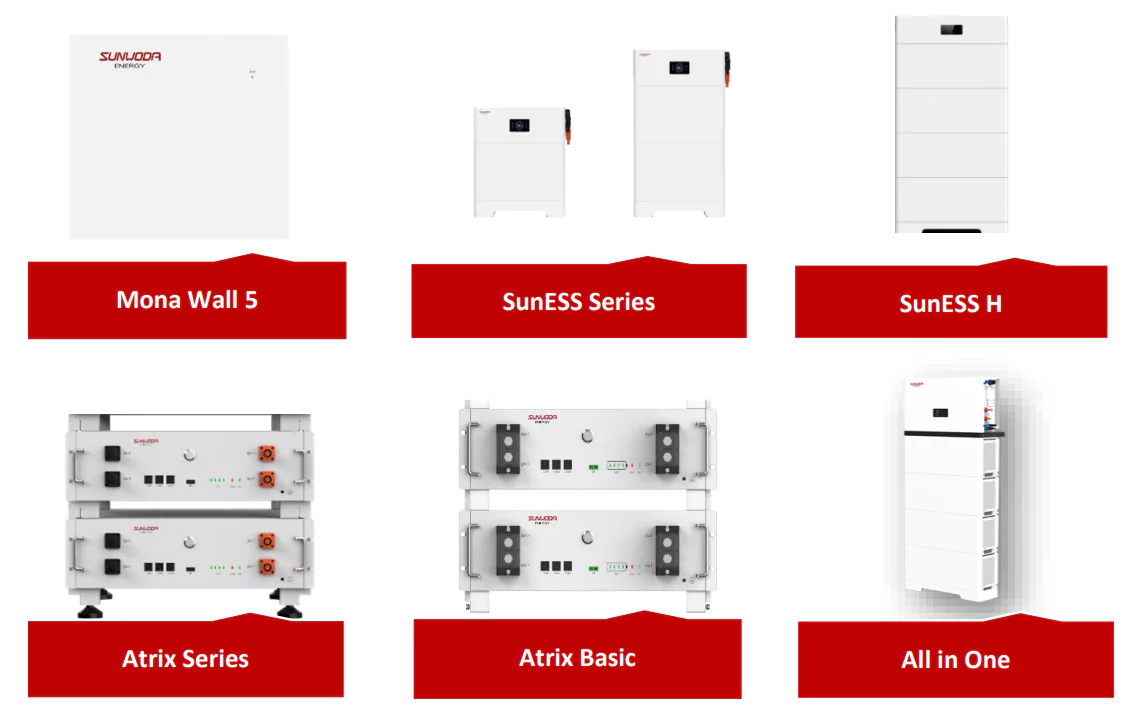Author: MUHAMMAD IBRAR YOUNAS / SUNWODA TEAM

1. The Growth of Solar PV Plus Energy Storage
The solar energy market has experienced massive growth over the last decade. As prices continue to fall, solar PV systems have become an increasingly affordable way for homeowners to reduce their electric bills and lower carbon emissions. However, one limitation of solar panels is that they only produce power when the sun is shining. Battery energy storage offers a solution by capturing extra solar energy during the day and storing it for use at night.
Adding battery storage to solar PV systems unlocks additional benefits like backup power during grid outages. It also enables higher self-consumption of the solar energy generated, as excess solar can be stored in the batteries instead of being sent back to the grid. With the rising popularity of home solar battery systems, there are now two main methods for integrating PV panels and batteries - DC-coupled systems and AC-coupled systems. Each approach has pros and cons that make them suitable for different applications.
2. DC Coupling for Solar and Storage
In a DC-coupled system, DC power from the solar panels can be directed straight to the system’s batteries (via a charge controller), without needing to pass through an inverter. Power for appliances or to feed the main grid is still converted to AC via an inverter, but this is the only inverter that’s needed. This makes DC-coupled systems simpler and, in general, more efficient than AC-coupled systems.

2.1 Example DC Coupled Applications:
• Residential new-build solar+storage: For a new home being constructed with solar and batteries, DC coupling allows an integrated system design to maximize the value of the upfront investment over its lifetime. The marginal cost of bi-directional inverters is lower without retrofit needs.
• Off-grid solar+storage: Without a grid connection, DC coupling provides efficient energy management and the ability to supply critical loads directly from batteries during low solar production times. This makes sizing the system properly crucial. Please read our article to properly size the ESS.
• Back-up power systems: The direct DC connection enables batteries to supply emergency power during grid interruptions. This is a key benefit in resilience applications.
2.2 Benefits of DC Coupling
The main advantage of DC coupling is higher overall system efficiency since the solar energy remains in DC format without unnecessary AC conversion steps. This avoids the 3~5% conversion losses that AC coupling introduces for each direction of energy flow (solar to battery, battery to loads). Keeping solar energy in DC form also facilitates highly efficient “load shifting”, where excess solar can immediately be stored in the batteries rather than sent to the grid. The batteries essentially act as a controllable load, absorbing excess PV energy.
2.3 Drawbacks of DC Coupling
1. Safety concerns: DC wiring presents higher risks compared to AC wiring, requiring metal conduit when installed indoors.
2. Increased hardware complexity: DC-coupled systems necessitate specialized bi-directional inverters capable of managing both PV input and battery connections on the DC bus. Designing and installing these integrated inverter systems entails higher initial costs. Additionally, the ongoing operation requires active coordination of solar harvesting, battery state-of-charge, and demand management in real-time, adding to the complexity.
2.4 When to Use DC Coupling
DC coupling is recommended if:
1. Maximizing solar panel power input into the battery bank is your primary objective.
2. You do not already possess an existing solar system with a grid-tie inverter.
3. AC Coupling for Solar and Storage
In an AC-coupled solar system, DC power coming from the solar panels is all converted to AC by an inverter. This is useful for powering appliances or feeding the main grid, but it must be converted back to DC power (using another inverter) in order to charge batteries. Additionally, electricity from discharging batteries must be converted to AC again. This means that electricity must be converted a total of three times when using battery power, and the system requires two inverters.

3.1 Example AC Coupled Applications:
• Storage retrofits for existing PV systems: For grid-tied solar arrays looking to add storage capacity later, AC coupling is the easiest and most cost-effective option. The batteries simply connect to the AC output like the grid.
• Grid services: With AC coupling, the solar and battery assets can be operated independently and sized separately. This makes the systems easier to tailor for grid applications like frequency regulation.
• Commercial retrofits: For existing commercial buildings adding solar and storage, AC coupling minimizes disruption and rewiring needed for the energy retrofit.
3.2 Benefits of AC Coupling
1. Simplified installation: AC wiring is notably easier to install.
2. Cost-effective retrofitting: AC coupling provides a less expensive option for integrating battery storage into existing grid-tied PV systems.
3. Enhanced daytime power delivery: AC-coupled systems enable simultaneous delivery of power from solar inverters and battery banks to AC loads during daylight hours, allowing for more efficient utilization and cost savings.
3.3 Disadvantages of AC Coupling:
Efficiency trade-off: AC-coupled systems involve multiple conversions between DC and AC power, leading to some efficiency losses, although typically minimal.
3.4 When to Use AC Coupling
AC coupling is suitable if:
1. You already have an established grid-tied solar setup.
2. You're considering a DIY installation for your solar system.
3. Your energy needs or usage peak during daylight hours.
4. Key Design Considerations for Solar+Storage Systems
When evaluating DC and AC coupling options, some key factors to analyze include:
• Expected self-consumption rate: DC coupling makes full use of solar generation more straightforward. For off-grid systems, it may enable much higher consumption of local PV energy.
• Backup power needs: DC coupling facilitates using batteries to supply critical loads when the grid is down. This provides an uninterruptable power supply.
• Convenience of retrofits versus new installs: AC coupling drastically simplifies retrofitting storage to existing solar. DC coupling is easier to optimize in new-build systems.
• Plans for future expansion: AC coupling keeps solar array and battery sizing modular. This provides flexibility if the system needs to change.
• Incentives or regulatory requirements: Some incentive programs have technical specifications favoring DC or AC coupling. Interconnection rules may also apply.
5. Conclusion
While both AC- and DC-coupled solar systems offer great benefits, several factors should be considered when making your decision. One crucial aspect is whether you already have solar panels in place and seek to integrate energy storage capabilities. In such cases, an AC-coupled system is often the more economical and quicker option for installation.
Conversely, if you're setting up a new solar system with energy storage from scratch, a DC-coupled system might be preferred due to its higher efficiency levels. Despite the potentially slightly higher initial installation costs, the increased efficiency over the system's lifespan is likely to provide significant savings.
We provide both AC-coupled solutions, which operate on and off the grid, and DC-coupled solutions. Whether you prefer the simplicity of an AC-coupled system or the efficiency of a DC-coupled system, we have the ideal product for your installation needs. Please visit our website for more information about our products.
